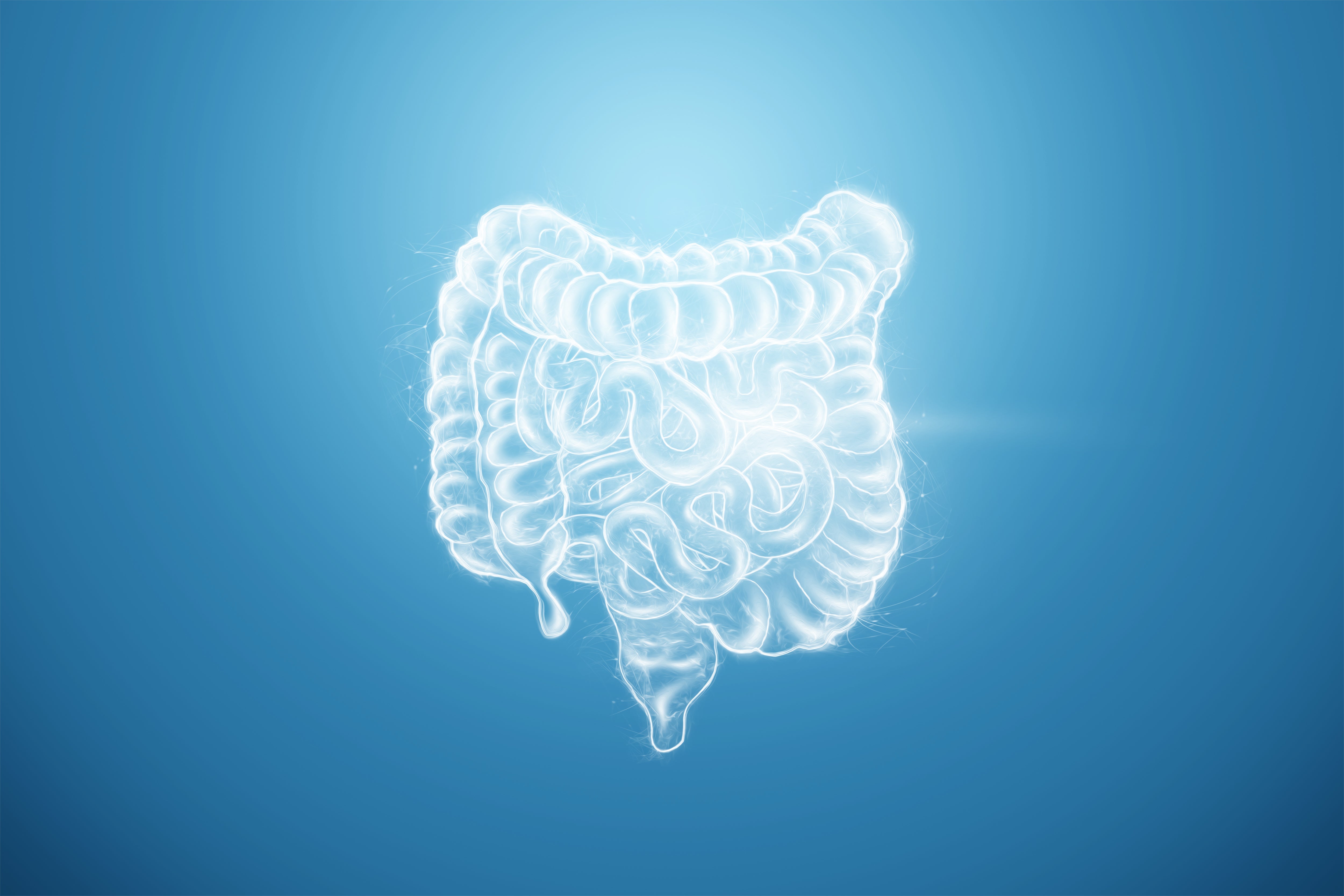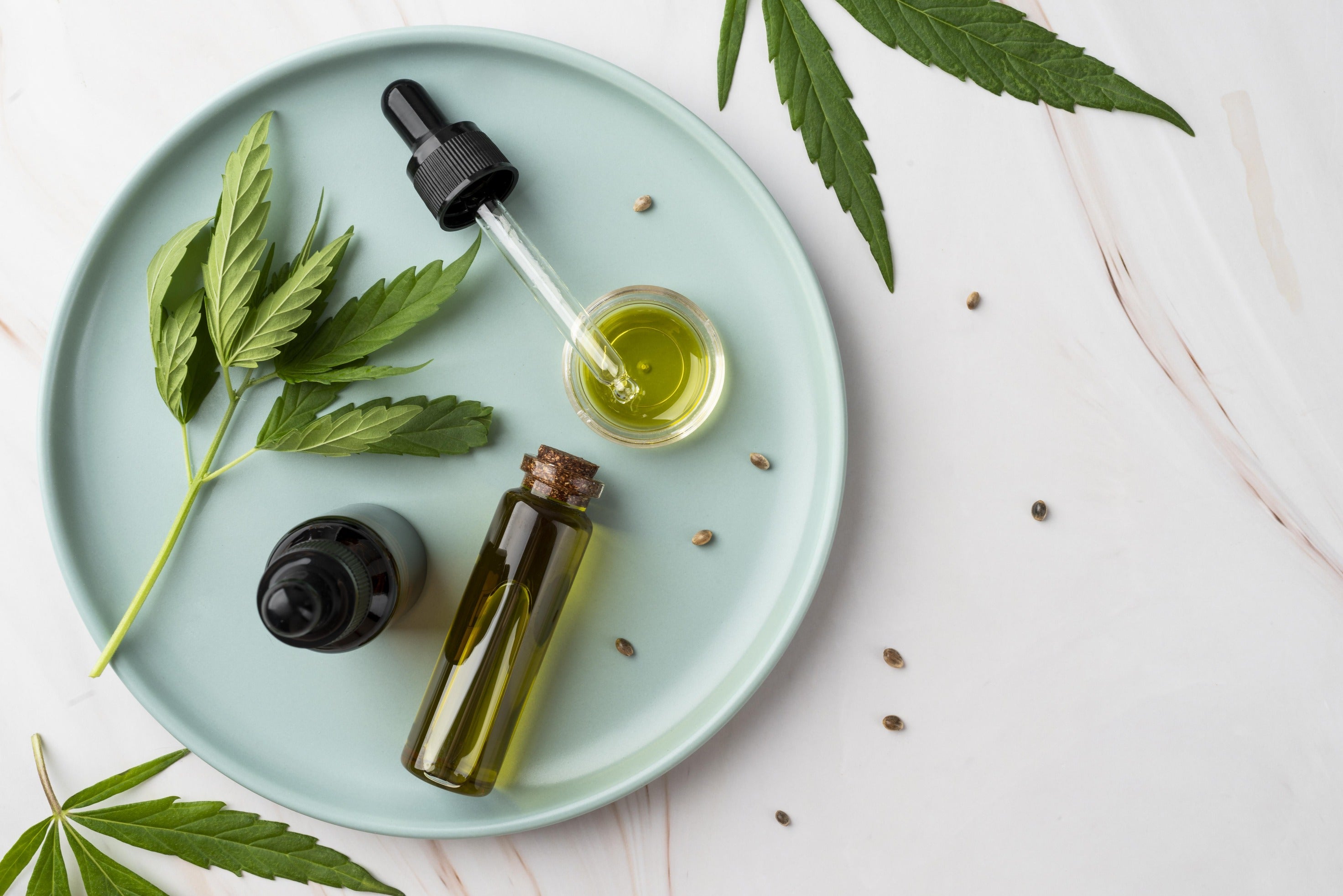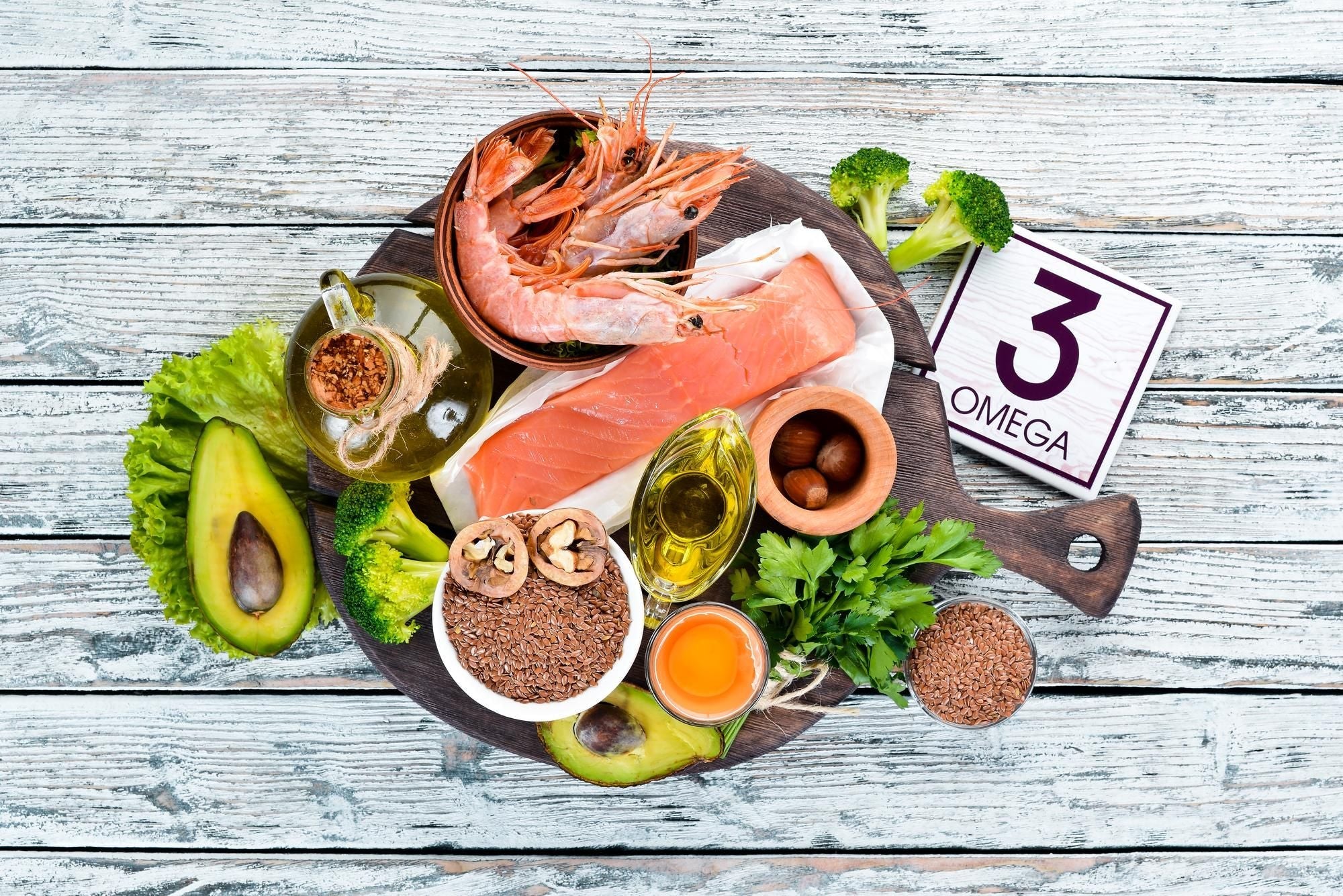
Probiotics: Feed your gut, heal your gut!
We are in a gut health renaissance! With all the talk around gut health, you must have seen advertisements of probiotics that can magically fix your gut issues. However, is it as easy as you pick a probiotic and it will heal your gut? Well, not really, in functional nutrition we take a more precise approach to your gut. You have even more control over your gut health when you introduce probiotics.
The term probiotic is derived from the Greek word which means ‘for life’. Probiotics are live microorganisms that provide health benefits to their host. They may contain a variety of microorganisms, the most common are bacteria that belong to groups called lactobacillus and bifidobacterium. Probiotics work by staying for a short while in your gut and helping your gut bugs flourish.
Probiotics can be useful to help enhance immunity, solve digestive issues like gas, bloating, diarrhea, constipation, fight infections, improve mood and reduce stress, enhance nutrient absorption and restore a healthy gut microbiome. Some natural probiotics include coconut milk curd, sauerkraut, kimchi, apple cider vinegar, raw milk and yogurt (if you are not lactose intolerant). However, with the right probiotic supplements you can target different diseases such as thyroid issues, depression, low immunity, skin issues and so much more!
How do probiotics win the battle in our gut?
To understand how to use probiotics, first it is important to understand how they work.
-
Colonisation barriers
Probiotics are in competition with pathogens for adhesion sites i.e. they fight to attach to cells. By acting as ‘colonisation barriers’ against pathogens they prevent them from staying in the GI (gastrointestinal) tract and promoting dysfunctions. For instance, Lactobacillus plantarum 299v was shown to inhibit the attachment of escherichia coli to human colon cells that can lead to stomach cramps, diarrhea and vomiting.
-
Microbial-Immune System Communication
Probiotics help enhance our immune functions through different mechanisms. They may elevate the secretion of different white blood cells or enhance their functioning by activating them through ‘pattern recognition receptors’. These effects can help mitigate diseases such as inflammatory bowel disease and food allergies. Certain essential amino acids are also produced as metabolites of probiotics, for instance, tryptophan metabolites play a crucial role in regulating the immune system. It also helps to synthesize certain vitamins, especially B vitamins that in turn regulate the immune system.
-
Short Chain Fatty Acid (SCFA) Production
SCFAs are immunoregulatory, and are made from fermentation of dietary fiber and resistant starch in the gut. They modulate several metabolic pathways and are involved in various dysfunctions such as obesity, insulin resistance, and type 2 diabetes. Once your gut bugs have produced SCFAs, most of it is used as energy by the cells lining your gut. The remaining SCFAs move through your gut wall and enter your blood. Interestingly, these compounds provide around 10% of your daily energy.
-
Antimicrobial compounds
They can also alter the microbial flora by birthing antimicrobial compounds such as bacteriocins that have bacteria killing properties. Compounds produced by lactic acid bacteria such as hydrogen peroxide, diacetyl and short-chain fatty acids also display such properties.
-
Bile acids
Probiotics are capable of influencing bile acid synthesis and lead to health benefits such as reduced cholesterol, weight and improved insulin sensitivity. Probiotic bacteria also help produce so-called deconjugated bile acids, that are highly acidic and hence, show a stronger antimicrobial activity.
-
Help absorb certain nutrients
Probiotics also enhance the absorption of several micronutrients. For instance, probiotics and iron are a great pair, Lactobacillus plantarum 299v (the 299v part refers to the specific strain of L. plantarum) can help increase iron absorption from iron-rich foods. Probiotics may also enhance the conversion of ferric iron to ferrous iron, a form of iron that is better absorbed in our body. Supplementing with L. casei, Lactobacillus reuteri, and L. gasseri probiotics are linked to greater calcium absorption and improved bone mass. So, if someone can tolerate dairy it can be beneficial as it contains both calcium and naturally occurring probiotic cultures. Probiotics can also optimise the absorption of vitamin D in the intestine by increasing lactic acid production within the gut.
-
Probiotics against toxins
Apart from having the ability to heal diseases, probiotics can also give us extra support when dealing with toxins. For most of us heavy metals, pesticides and other xenobiotics have become an unavoidable part of our daily life. Specific strains of probiotics such as lactobacillus have been shown to protect us from these toxins.
DO’s and DON’TS with Probiotics
Can Probiotics Be Taken with Herbs?
It may also be important to take probiotic supplements away from foods and herbs that contain ‘quorum sensing inhibitors.’ Quorum sensing is when certain bacteria produce, exchange and signal molecules unique to their species. If the strain of a particular bacteria is concentrated enough, they send out a strong chemical signal called quorum sensing signal that allows them to alter their form and potentially implant and create a colony in the intestine. This is what helps probiotic bacteria perform their function in our gut.
Quorum sensing inhibitors are compounds that disrupt this inter-microorganismal communication. Some of these inhibitors include quercetin found in red onions, luteolin found in vegetables and herbs, cinnamon, garlic and a few other medicinal herbs.
What is the ideal time to take probiotics?
Since there are several probiotics that serve different purposes, the ideal time to take a probiotic supplement will depend on the kind of probiotic being consumed. For instance, spore-based probiotics can likely be taken with food since they have a tendency to survive in an acidic environment that is created during mealtime.
Whereas, lactobacillus and bifidobacteria probiotic supplements should be taken several hours away from food since they tend to be more sensitive to acidic conditions in the stomach. At the same time, many studies show health benefits of these probiotics regardless of any specific time followed to take them.
The fun part is that some of the probiotic supplements may still have an effect despite being killed by stomach acid as the ‘dead bodies’ still have beneficial effects. They are called ‘ghost probiotics’ or postbiotics!
Probiotics for healing diseases
Your gut is the cornerstone in your body that is connected to multiple organs. Connections have been established with the brain, immune system, metabolism, thyroid, skin, hormones, PCOS, heart, lungs, bone, liver, kidney and hair.
Now that we have seen multiple ways in which probiotics perform their magic, they have the ability to aid in healing diseases. They have shown improvements in patients with rheumatoid arthritis, ulcerative colitis, multiple sclerosis, parkinson’s disease and several other autoimmune diseases. If you are looking to heal yourself from any disease, definitely look at the gut as one of the interventions. Don’t consume any probiotic randomly, precision probiotics are the way to go to heal yourself!
References:
1. 5 Uncommon Uses for Probiotics - Chris Kresser
https://chriskresser.com/5-uncommon-uses-for-probiotics/
2. Best Time to Take Probiotics: What The Science Tells Us and What Can Work Best for You - Chris Kresser
https://chriskresser.com/best-time-to-take-probiotics/
3. Personalized Gut Mucosal Colonization Resistance to Empiric Probiotics Is Associated with Unique Host and Microbiome Features - NCBI
https://pubmed.ncbi.nlm.nih.gov/30193112/?from_term=probiotics+transient&from_pos=1
4. Probiotics for Immune Support and Detoxification - Bridgit Danner
https://www.bridgitdanner.com/womens-wellness-blog/probiotics-for-immune-support-detoxification?rq=probiotics
5. Saccharomyces boulardii: What Makes It Tick as Successful Probiotic? - NCBI
https://www.ncbi.nlm.nih.gov/pmc/articles/PMC7344949/
6. The immunomodulatory properties of probiotic microorganisms beyond their viability (ghost probiotics: proposal of paraprobiotic concept) - NCBI
https://pubmed.ncbi.nlm.nih.gov/21499799/
7. Bacterial Quorum Sensing: Its Role in Virulence and Possibilities for Its Control - NCBI
https://www.ncbi.nlm.nih.gov/pmc/articles/PMC3543102/
8. Oral Supplementation With Probiotic L. reuteri NCIMB 30242 Increases Mean Circulating 25-Hydroxyvitamin D: A Post Hoc Analysis of a Randomized Controlled Trial - The Journal of Clinical Endocrinology and Metabolism https://academic.oup.com/jcem/article/98/7/2944/2537145
9. Bacillus coagulans: a viable adjunct therapy for relieving symptoms of rheumatoid arthritis according to a randomized, controlled trial - NCBI
https://www.ncbi.nlm.nih.gov/pubmed/20067641
10. Probiotics in Autoimmune and Inflammatory Disorders - NCBI
https://www.ncbi.nlm.nih.gov/pmc/articles/PMC6213508/



Leave a comment
This site is protected by hCaptcha and the hCaptcha Privacy Policy and Terms of Service apply.